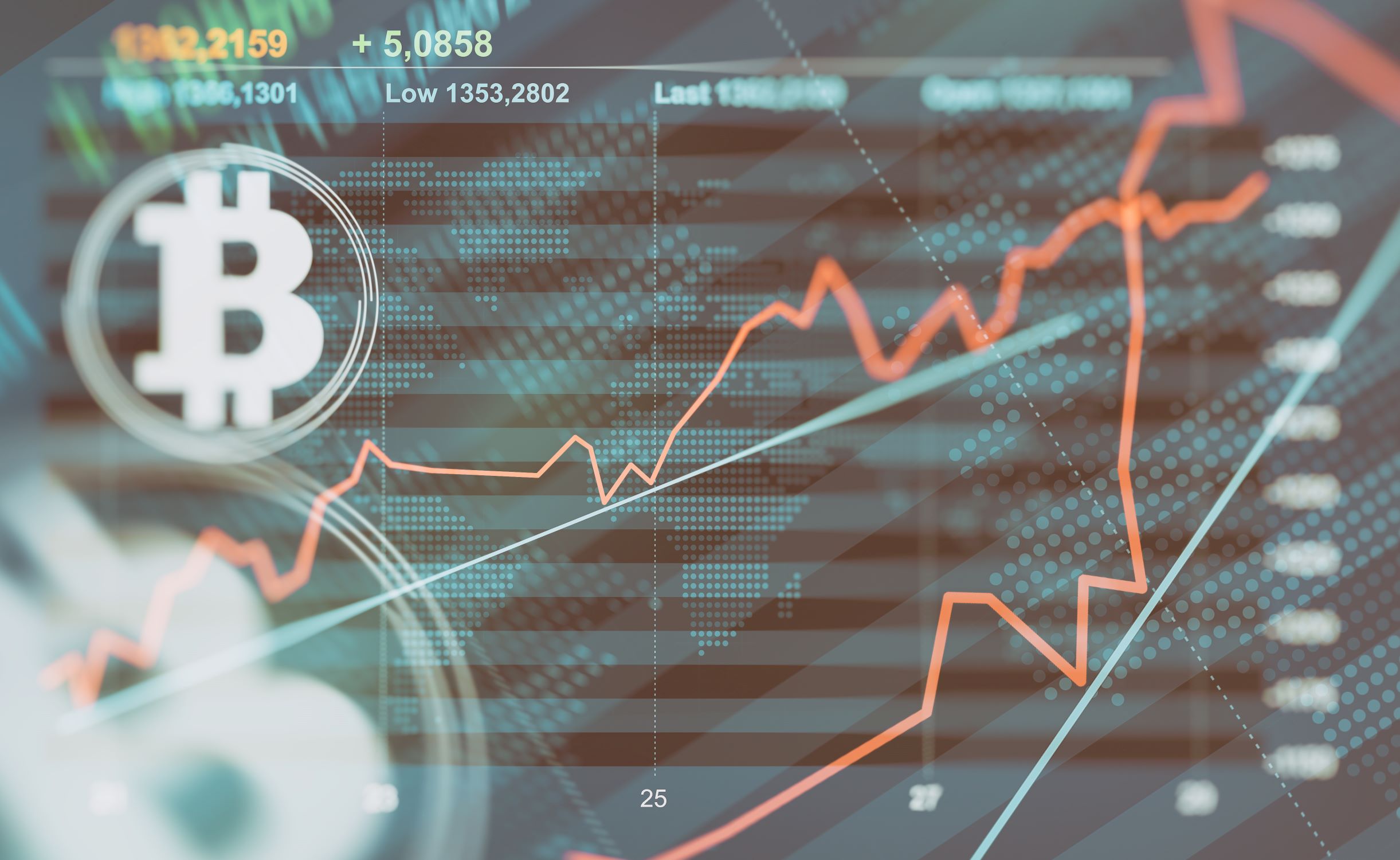The U.S. Securities and Exchange Commission (SEC) has once again escalated its legal battle against Ripple Labs by filing an appeal on October 2, 2024. The appeal challenges a 2023 ruling that favored Ripple, determining that its programmatic sales of XRP to retail investors did not qualify as securities transactions. This decision marked a partial victory for Ripple, although the court had previously ruled that Ripple’s institutional sales did violate securities laws.
Ripple’s executives, including Chief Legal Officer Stuart Alderoty, did not hold back in their criticism of the SEC’s latest move, labeling it an “embarrassment” for the agency. Despite the SEC’s efforts to reclassify XRP as a security across all transactions, Ripple remains confident in its defense. It is considering a cross-appeal to contest the SEC’s claims further. This legal drama is now stretching into its fourth year. It continues to capture the attention of the cryptocurrency community and has far-reaching implications for the broader industry.
A High-Stakes Battle with Major Implications
The Ripple vs. SEC case has become one of the most closely watched legal battles in cryptocurrency. The outcome of this case could significantly impact how digital assets are classified and regulated in the United States. At the heart of the case is whether XRP, Ripple’s native token, should be treated as a security under U.S. law. This classification would impose stricter regulatory oversight on XRP and potentially other cryptocurrencies.
In 2023, U.S. District Judge Analisa Torres issued a mixed ruling. She stated that XRP’s programmatic sales to retail investors were not securities, but sales to institutional investors were. This decision was a partial victory for Ripple, significantly reducing the potential fines the company faced. The court ordered Ripple to pay a $125 million penalty, a fraction of the SEC’s original $2 billion demand. However, the SEC’s recent appeal seeks to overturn even the partial victory. They argue that XRP should be classified as a security in all its transactions.
The Ripple Effect on XRP’s Market
The SEC’s appeal had immediate market repercussions. XRP’s price dropped sharply, losing over 10% in value following the announcement. The token fell from over $0.60 to approximately $0.51, though it stabilized around $0.53. Despite this setback, many analysts remain optimistic about XRP’s long-term fundamentals. Some speculate that the token could experience a price surge once the legal uncertainties are resolved, similar to its behavior after the SEC first initiated its lawsuit in 2020.
However, the legal uncertainty surrounding XRP continues to weigh heavily on the market. As the case drags on, it raises broader concerns for other cryptocurrencies, particularly those operating in the gray areas of regulatory definitions. If the SEC succeeds in its appeal, it could set a precedent that paves the way for tighter regulatory oversight of other digital assets, not just XRP.
Ripple’s Response and Executive Reactions
Ripple’s leadership remains defiant in the face of the SEC’s appeal. Chief Legal Officer Stuart Alderoty voiced his frustration, criticizing the agency for prolonging the case. In a public statement, Alderoty remarked, “This just prolongs what’s already a complete embarrassment for the agency. The Court already rejected the SEC’s suggestion that Ripple acted recklessly, and there were no allegations of fraud”.
Ripple CEO Brad Garlinghouse also joined the chorus of criticism. He accused SEC Chair Gary Gensler and the agency of damaging their own credibility with this continued legal assault. Garlinghouse has emphasized that Ripple is fully prepared to defend its position. The company has not ruled out the possibility of cross-appealing aspects of the court’s earlier ruling.
A Legal Battle Far From Over
While Ripple may have scored some early victories in court, the legal proceedings are far from over. The SEC’s appeal ensures that the case will likely drag on for months if not years. Ripple’s willingness to engage in a cross-appeal further complicates the timeline for resolution.
The appeal has also cast doubt on the possibility of an XRP-based ETF. Some in the crypto community had speculated that XRP could be the next major crypto asset to be offered as an exchange-traded fund in the U.S. There has been progress in this direction, with Bitwise filing for an XRP ETF in Delaware. However, the ongoing legal battles make regulatory approval by the SEC unlikely soon.
>>> Read more: Ripple vs. SEC Legal Odyssey – Past, Present, Future
The Ripple vs. SEC case is more than just a corporate legal dispute – it is a battle that could shape the future of cryptocurrency regulation in the United States. As the appeal unfolds, Ripple remains resolute in defending its position, while the SEC continues its efforts to bring XRP under its regulatory umbrella. The outcome of this case will not only affect XRP and Ripple. It could also have far-reaching consequences for how digital assets are classified and regulated across the industry.
In the meantime, investors and industry insiders alike will be watching closely. They know that the resolution of this legal drama could set a precedent that impacts the entire crypto market for years to come.
Readers’ frequently asked questions
Why is the SEC so determined to classify XRP as a security, and how does it differ from other cryptocurrencies?
The SEC’s argument hinges on whether XRP qualifies as a security under the Howey Test, which helps to determine if a transaction involves an investment contract. If XRP is classified as a security, Ripple would be required to register the token and its transactions with the SEC, similar to how public companies must register their securities. This would subject Ripple to stricter regulatory oversight, transparency requirements, and potential penalties for past transactions.
The SEC argues that Ripple’s sales of XRP, especially to institutional investors, meet the Howey Test’s criteria of an investment contract because investors could expect profits derived from Ripple’s efforts. The SEC also wants consistency in the way digital assets are regulated. It believes that treating XRP differently could create a loophole in the application of securities laws to cryptocurrencies.
Ripple, on the other hand, insists that XRP should be treated similarly to Bitcoin and Ethereum. The SEC does not classify those assets as securities. Ripple argues that XRP’s decentralized nature and the fact that it is used primarily for cross-border payments differentiate it from securities, where profits are primarily derived from the efforts of a central entity.
What happens if the SEC wins its appeal against Ripple?
If the SEC succeeds in its appeal, the legal precedent set by the court would classify XRP as a security across all transactions, not just institutional sales. This outcome would create significant regulatory implications for Ripple and the broader crypto market. Ripple would likely face heavier fines, stricter operational controls, and possibly even the requirement to register XRP with the SEC. The ruling would also cast doubt on other cryptocurrencies that may be considered securities, sparking fear that a broader crackdown could ensue on various digital assets that currently operate in regulatory gray areas.
Moreover, the SEC’s victory could discourage institutional investors from participating in the XRP market and reduce liquidity, leading to further price instability. It would also potentially impact Ripple’s business model, particularly its On-Demand Liquidity (ODL) service, which uses XRP for cross-border payments. Such a ruling could trigger a wave of similar lawsuits against other cryptocurrency companies, setting a harsh regulatory precedent across the sector.
How does this legal battle impact the future of cryptocurrency regulation in the U.S.?
The Ripple vs. SEC case is pivotal for determining the future of crypto regulation in the U.S. If Ripple wins, it may limit the SEC’s authority over cryptocurrencies, potentially carving out a legal distinction between cryptocurrencies that are securities and those that are not. This could set a precedent for more relaxed regulatory oversight, benefiting the broader crypto industry. It may also encourage further innovation and investment in the space.
If the SEC wins, it could create a framework that treats many cryptocurrencies as securities. This would bring in stricter regulations requiring crypto firms to register with the SEC, submit regular reports, and follow the same standards as traditional financial institutions. Such an outcome could stifle innovation, particularly for projects that rely on decentralized models. It may also prompt the introduction of new legislative measures by Congress. The existing framework for securities regulation may not be fully equipped to handle the unique nature of digital assets. This battle could shape the entire landscape of digital asset regulation for years to come. It will influence how new tokens are launched, traded, and regulated in the U.S.
What Is In It For You? Action Items You Might Want to Consider
Trade XRP with a Short-Term Focus During Volatile Periods
The ongoing legal battle between Ripple and the SEC causes significant price swings. Traders could adopt a short-term trading strategy by capitalizing on the frequent price movements. For instance, XRP’s price recently dropped by over 10%, followed by slight recoveries. Traders can take advantage of these fluctuations by setting tight stop-loss orders and monitoring key support levels. A swing trading strategy could be beneficial in capturing profits from rapid price rebounds or dips caused by news around the lawsuit.
Consider Reducing Exposure or Taking Profits Before Major Legal Announcements
Legal updates in the Ripple vs. SEC case have had a direct impact on XRP’s price, with both positive and negative news triggering sharp movements. To manage risk, it’s wise to reduce exposure or take profits ahead of major court decisions or SEC appeals. By doing so, traders can lock in gains or limit potential losses in case of adverse rulings or developments that could negatively affect the market sentiment for XRP.
Use Options to Hedge Against Legal Outcome Volatility
Given the uncertainty surrounding the Ripple case and its potential to impact XRP’s price in both directions, experienced traders might explore options trading as a hedging strategy. By purchasing put options, traders can hedge against the risk of a significant price drop if the SEC wins its appeal. At the same time, holding call options could allow for upside exposure if Ripple secures a favorable ruling. This approach offers a way to navigate the heightened volatility while controlling risk.











[…] January 15, 2025, the SEC filed its opening brief in the appeal, seeking to overturn the previous ruling favoring Ripple. This action occurred shortly before SEC Chair Gary Gensler’s resignation on January 20, […]